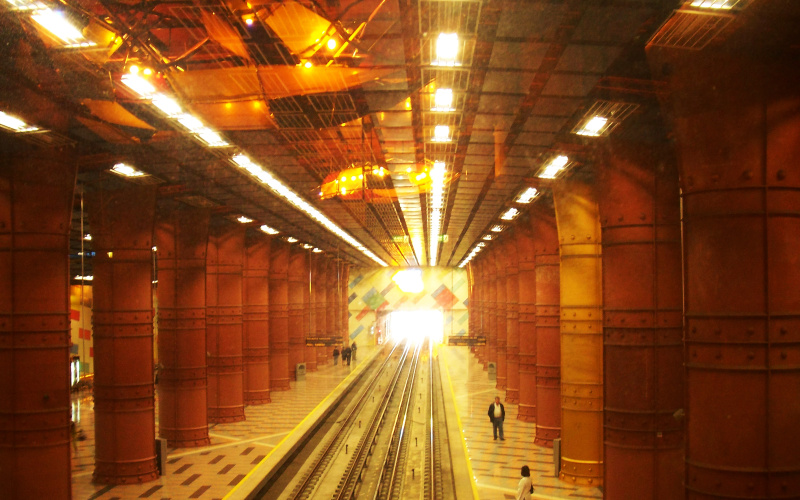Ivo Ritzer: The World of Cinema in the Cinemas of the World
Perspectives for a Postcolonial Philosophy of Film
- Date created
- Duration
- 19:42
Description
This paper intends to provide perspectives for a philosophy of film based on the recognition of a global encounter with the imperatives of modernity and industrialization. As different as the capitalist development in question may turn out in respective areas, I will argue that the divergent histories of modernization between the Global North and the Global South nonetheless generate a common experience and "entangled modernity" (Shalini Randeria) that transregionally connects different national cinemas around the world in an assemblage that commonly is referred to as "world cinema". I therefore want to develop a theoretical approach that pays attention to the reality of (post)colonial power relations existing between different geopolitical areas, yet refuses to epistemologically privilege a (neo)colonial Eurocentric prism. Instead, my paper will explore in what ways a philosophy of film might deal with a cultural form that is wholly industrialized and relatively capital intensive in its provision, such as cinema. Aiming to bridge the gap between the real and the reel, and drawing on the work of post-continental materialism in thinkers such as Alain Badiou, Jacques Rancière, and Jean-Luc Nancy, I want to call for a philosophy of film that reflects on cinema shaping the understanding of being-in-the-world as well as offering means to deal with ideologies of capitalist modernity. This relationship between text and context always has to be sensitive both to a global as well as local negotiation, i.e. the world of cinema in the cinemas of the world. Asking for an analysis of the encounters between the drive towards industrializing culture in global capitalism and the experience negotiating it towards cultural forms in local contexts, the central methodological question for me is how to bridge the gap between history and subjectivity in world cinema. Therefore, I will draw on the concept of the "real of reality" and argue that any useful philosophy of film has at least to pierce through three different, yet elementary intersectional layers: the conditions of cinematic production, the individual cinematic form, as well as the general apparatus of cinema.
